Got high cholesterol? You’re not alone. But here’s the thing – watching what you eat doesn’t mean saying goodbye to tasty food forever. Let’s talk about which foods might be secretly messing with your cholesterol levels and what you can eat instead. No fancy medical jargon, just straight talk about what needs to go from your plate.
Why These Foods Matter
Before we dive into our “avoid” list, let’s get real about why certain foods can send your cholesterol numbers through the roof. It’s pretty simple – some foods are like tiny cholesterol factories in your body. Others? They’re more like cleanup crews, helping keep everything in check.
The Unlucky 13: Foods That Raise Your Cholesterol
1. Fast Food Favorites

Fast food items are typically cooked in unhealthy oils and contain high levels of trans fats that can drastically raise your cholesterol levels. These foods also tend to combine multiple cholesterol-raising ingredients in one meal – from fatty meats to processed cheese and sugary sauces.
In short they are –
- Loaded with saturated fats
- Often cooked in unhealthy oils
- Sky-high sodium content
- Usually paired with sugary drinks
Try Instead: Make your own burger at home using lean meat or a plant-based patty. Add fresh veggies and serve it on a whole grain bun.
2. Full-Fat Dairy Products

Full-fat dairy products are loaded with saturated fats that directly contribute to increased LDL (bad) cholesterol levels in your bloodstream. Even small portions of full-fat cheese, milk, and ice cream can add significant amounts of saturated fat to your daily intake.
That creamy whole milk might taste amazing in your coffee, but:
- Contains significant amounts of saturated fat
- Cheese can be a hidden source of excess calories
- Regular ice cream is a double whammy of fat and sugar
Try Instead: Switch to low-fat or plant-based alternatives. Greek yogurt can be a great substitute in many recipes.
3. Processed Meats

Processed meats like bacon, sausage, and deli meats contain high levels of saturated fats and sodium that can raise your cholesterol and blood pressure simultaneously. These meats often undergo processing methods that add preservatives and unhealthy compounds that can further impact your heart health.
Bologna sandwich, anyone? Maybe not. Here’s why:
- Packed with hidden saturated fats
- High sodium content
- Often includes harmful preservatives
- Can raise inflammation in your body
Try Instead: Go for lean cuts of fresh meat or try plant-based protein alternatives.
4. Baked Goods and Pastries
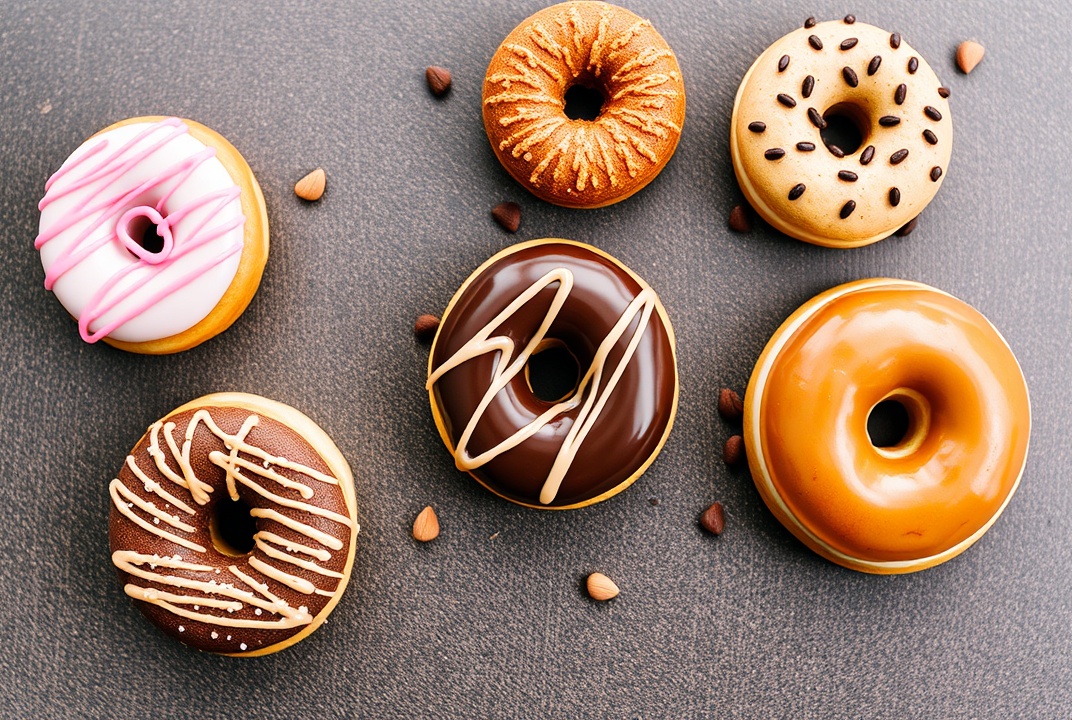
Commercial baked goods often contain trans fats and refined sugars that can spike your cholesterol levels and triglycerides. Many pastries combine multiple cholesterol-raising ingredients like butter, eggs, and refined flour in high concentrations.
Those donuts in the break room? They’re not just sugar bombs:
- Often made with trans fats
- High in refined carbohydrates
- Usually contain hidden saturated fats
- Can raise triglyceride levels
Try Instead: Bake at home using whole grain flours and healthy oil alternatives. Or try fresh fruit for a sweet fix.
5. Fried Foods
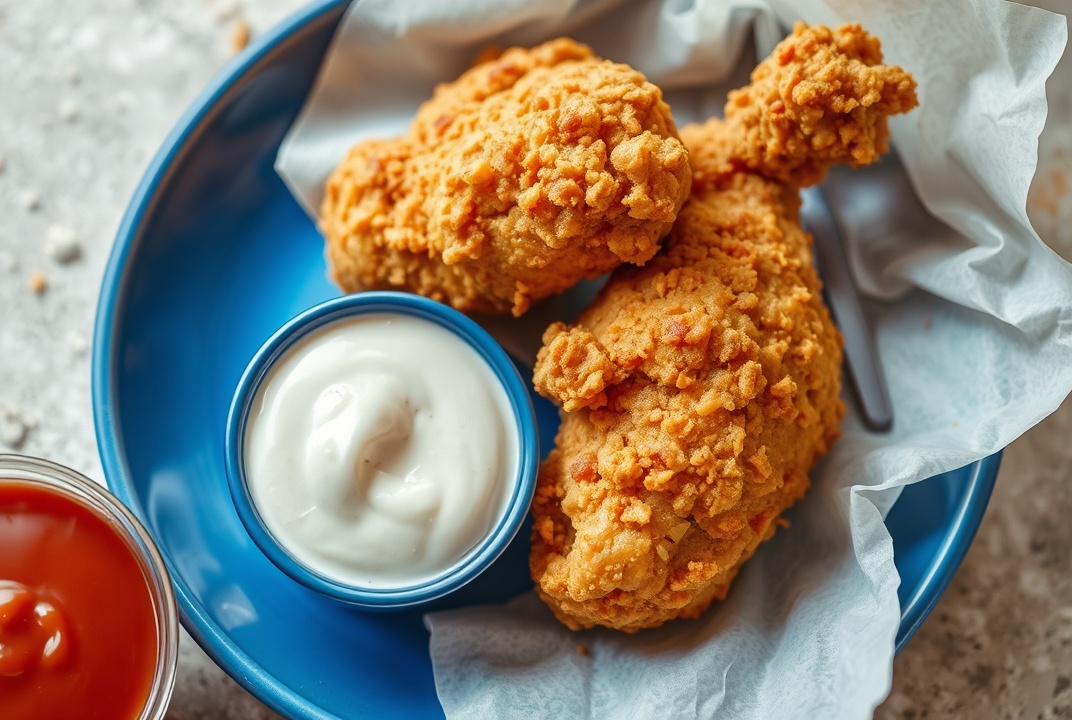
When foods are fried, they absorb large amounts of oil, significantly increasing their saturated and trans fat content. The high cooking temperatures used in frying can also create harmful compounds that may contribute to inflammation and heart disease.
French fries, chicken wings, and other fried goodies are trouble because:
- Cooking oil gets absorbed into the food
- Often contains trans fats
- High calorie content
- Can increase inflammation
Try Instead: Air fry your favorites or try baking with a light olive oil spray.
6. Red Meat
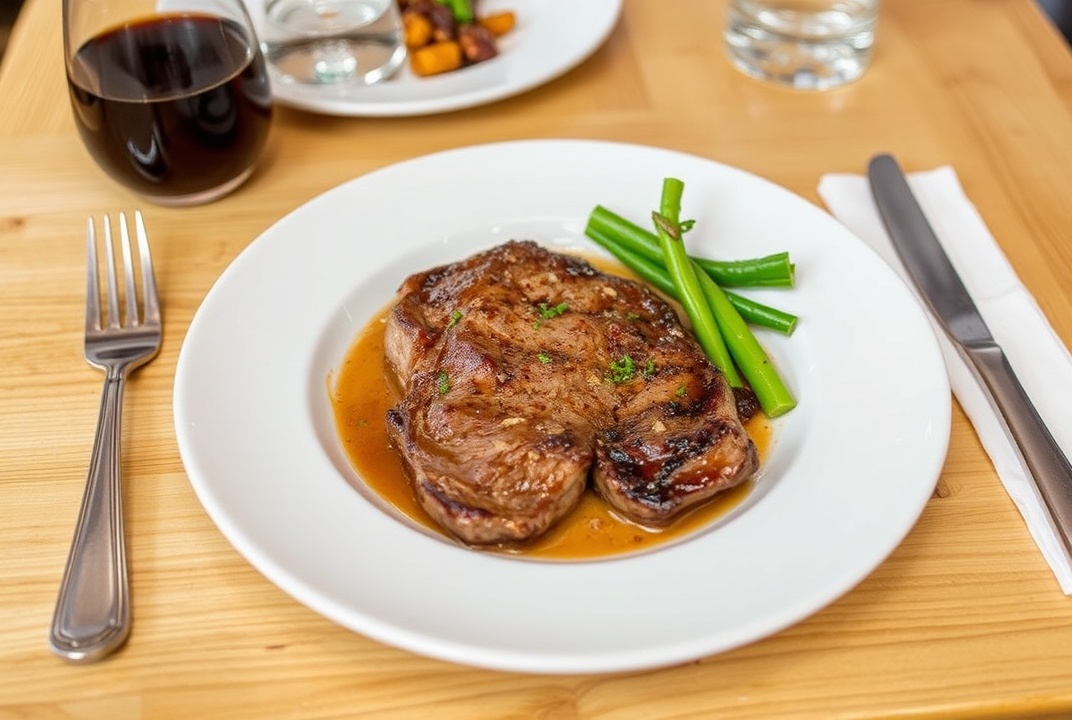
Red meat contains high levels of saturated fat that can directly increase your LDL cholesterol levels. Even lean cuts can have a significant impact when eaten regularly, especially if served in large portions.
That juicy steak might need to become a special occasion meal:
- High in saturated fat
- Can increase inflammation
- Often served in large portions
- Frequently paired with unhealthy sides
Try Instead: Choose lean cuts when you do eat red meat, or try fish rich in omega-3s.
7. Coconut Oil
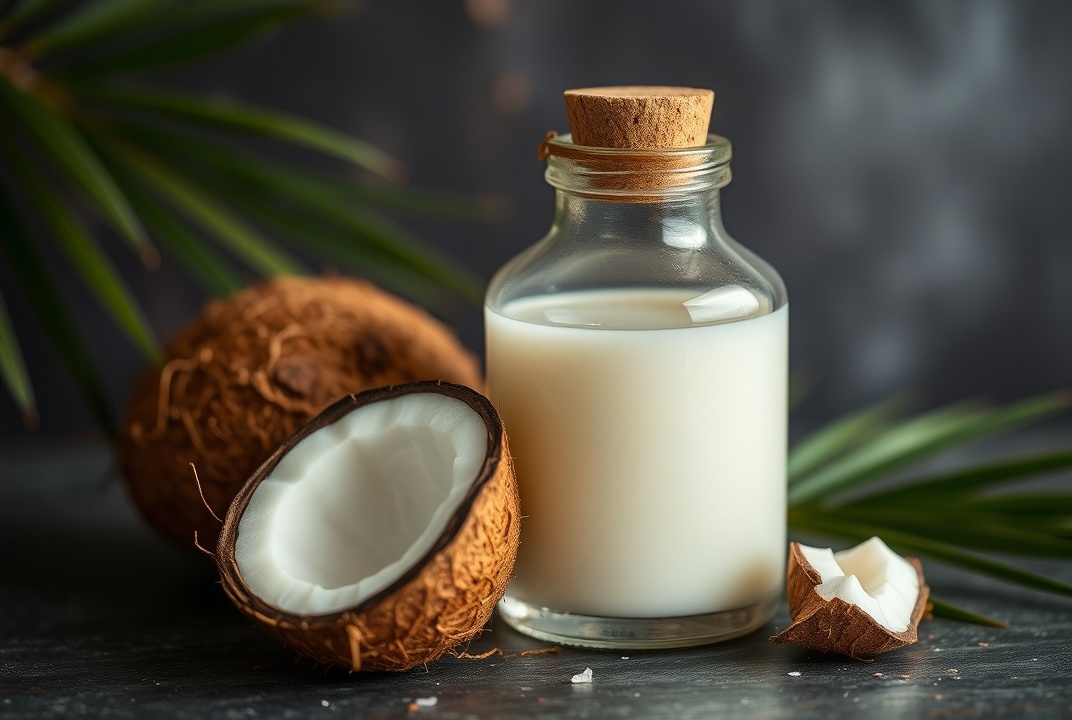
Despite its reputation as a health food, coconut oil is actually one of the richest sources of saturated fat, containing even more than butter. Regular consumption can significantly raise your LDL cholesterol levels, making it problematic for those watching their cholesterol.
Despite its healthy reputation:
- High in saturated fat
- Can raise LDL cholesterol
- Often overused in recipes
- Marketing can be misleading
Try Instead: Opt for olive oil or other heart-healthy alternatives.
8. Frozen Meals
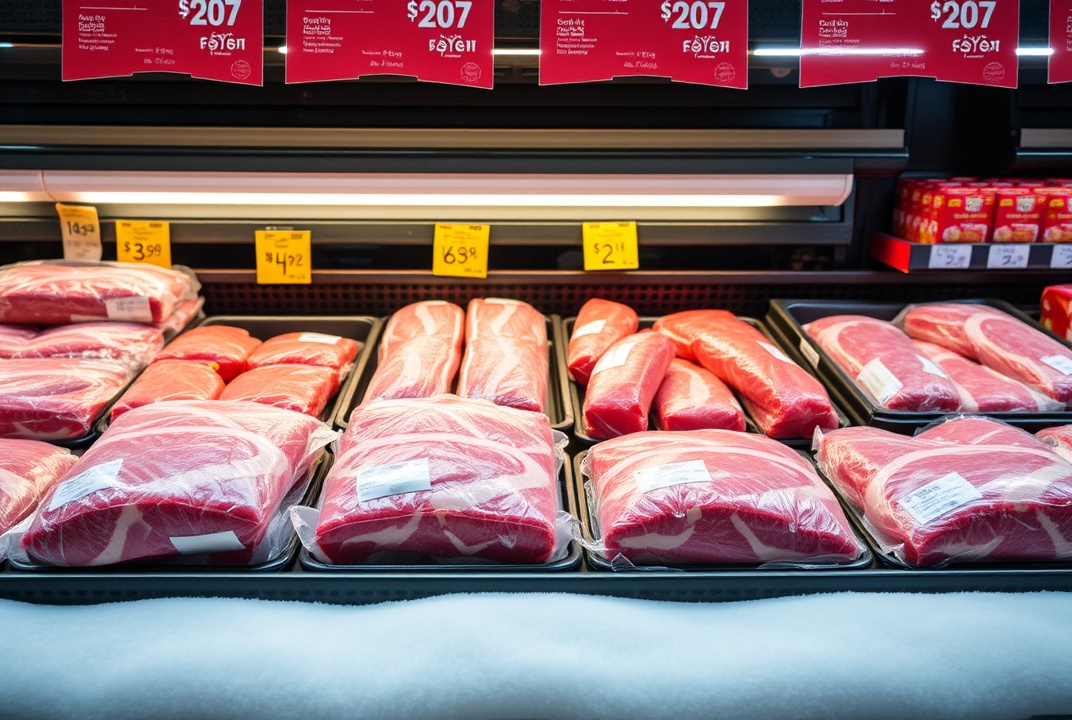
Frozen meals typically contain high levels of sodium and unhealthy fats used to preserve flavor and texture. Many also include processed meats and cheese that can contribute to elevated cholesterol levels.
Those convenient TV dinners might be costing your health:
- Usually high in sodium
- Often contain unhealthy fats
- Processed ingredients
- Hidden sugar content
Try Instead: Meal prep on weekends or keep healthy frozen vegetables on hand.
9. Egg Yolks

Egg yolks are one of the most concentrated sources of dietary cholesterol, with one yolk containing about 200 milligrams. While newer research suggests dietary cholesterol may have less impact than previously thought, people with high cholesterol might still need to limit their intake.
While not all bad, too many can be problematic:
- Contain dietary cholesterol
- Often prepared with unhealthy fats
- Usually paired with high-fat breakfast meats
Try Instead: Use more egg whites or try plant-based egg alternatives.
10. Butter and Margarine
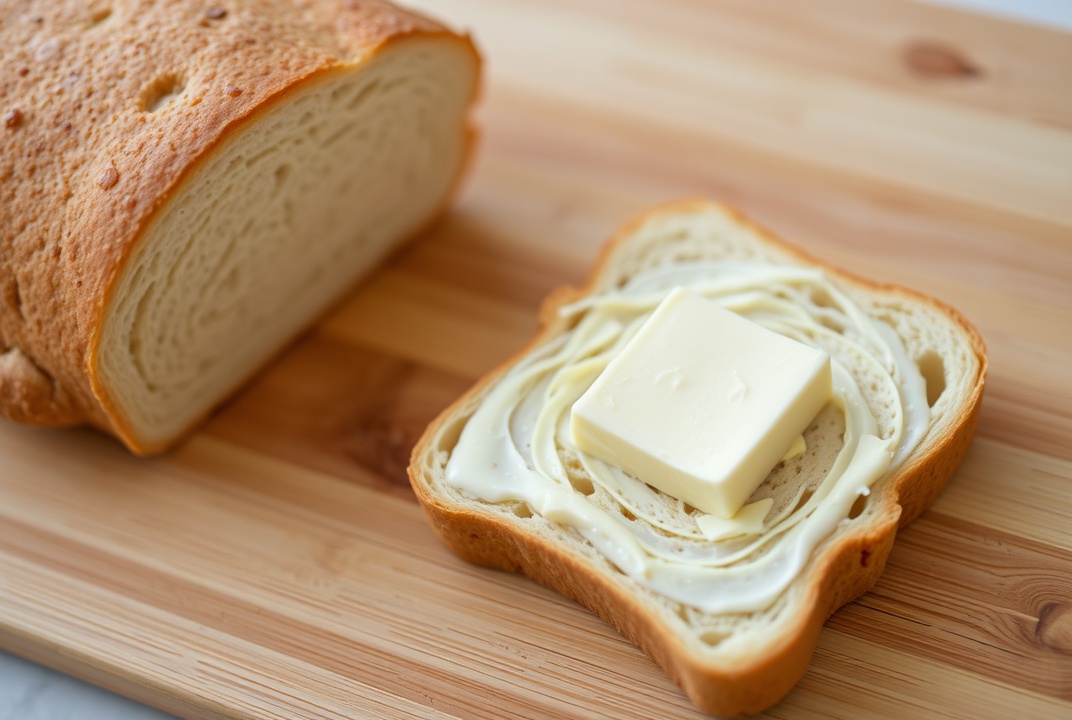
Butter is high in saturated fat, while many margarines contain trans fats – both of which can raise your LDL cholesterol levels. These spreads are often used liberally in cooking and baking, making them a significant source of unhealthy fats in many people’s diets.
These spreads can spell trouble:
- High in saturated fat (butter)
- May contain trans fats (margarine)
- Often overused in cooking
- Hidden in many recipes
Try Instead: Try avocado spread or nut butters.
11. Alcohol

Alcohol can raise your triglyceride levels and contribute to higher cholesterol numbers, especially when consumed regularly or in large amounts. It can also lead to weight gain and liver problems that further impact your cholesterol management.
Yes, even your favorite drink can affect cholesterol:
- Can raise triglyceride levels
- Often mixed with sugary beverages
- Can lead to unhealthy food choices
- Empty calories
Try Instead: Stick to moderate consumption or try alcohol-free alternatives.
12. Sugary Cereals
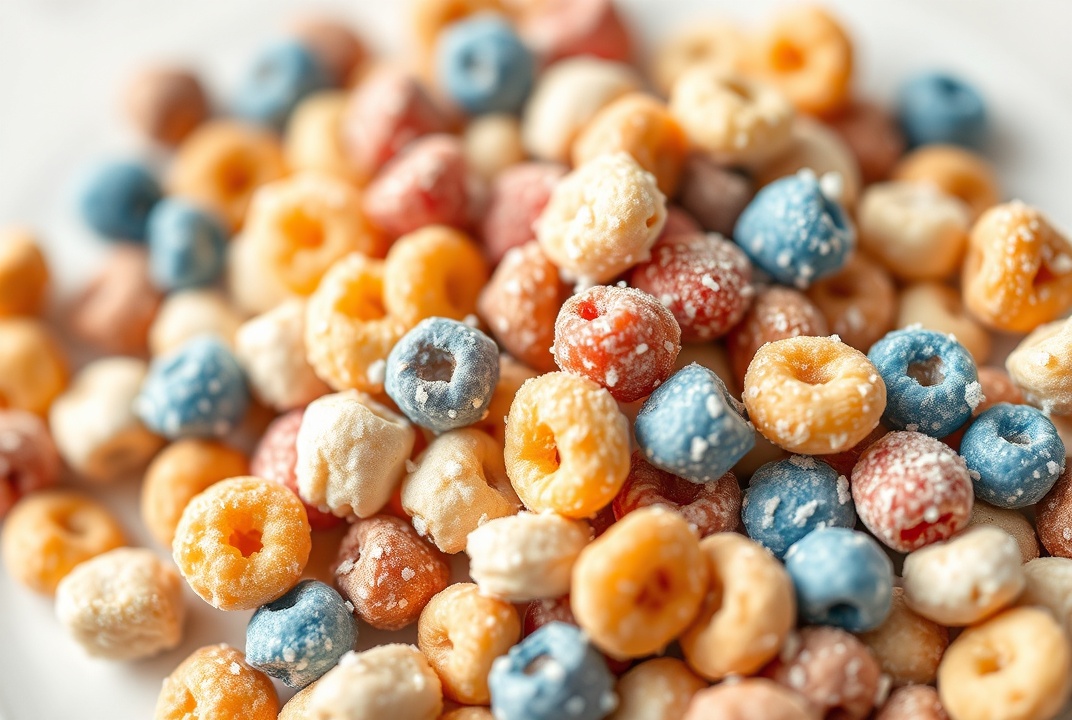
Sugary cereals can raise your triglyceride levels and contribute to inflammation in your body. These breakfast foods often lack fiber and protein that could help lower cholesterol, making them a double threat to your heart health.
That breakfast bowl might be starting your day off wrong:
- High in refined carbs
- Often contain hidden fats
- Can raise triglycerides
- Usually lack fiber
Try Instead: Choose whole grain cereals or make overnight oats.
13. Processed Snack Foods
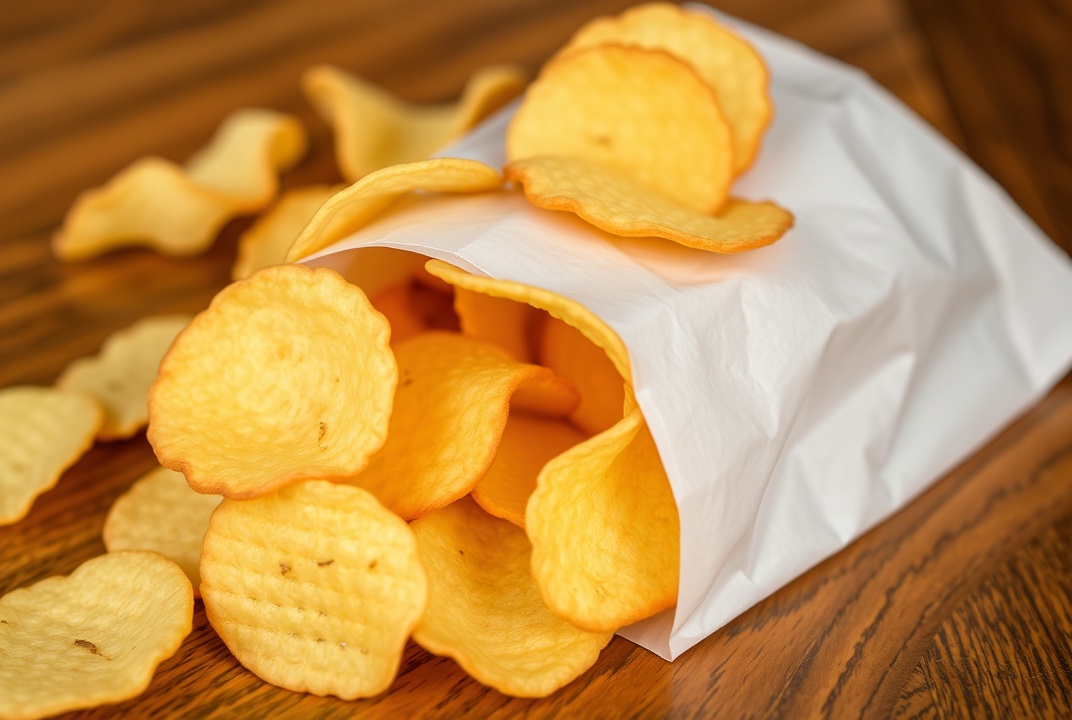
Processed snacks typically contain a dangerous combination of refined carbs, unhealthy fats, and high sodium levels that can impact your cholesterol and overall heart health. These foods are often designed to be highly palatable, making it easy to overeat them and consume large amounts of unhealthy fats in one sitting.
Those convenient munchies can add up:
- Often contain trans fats
- High in refined carbs
- Usually lack nutritional value
- Can be addictive
Try Instead: Snack on nuts, fruits, or homemade popcorn.
Making Better Choices: Your Action Plan
Quick Tips for Success
- Read food labels carefully
- Cook more meals at home
- Plan your meals ahead
- Keep healthy snacks handy
- Start with small changes
Weekly Meal Planning Strategy
- Prep healthy snacks in advance
- Cook in bulk on weekends
- Keep emergency healthy options in your freezer
- Plan for occasional treats
Understanding Food Labels
Let’s break down what to look for:
- Total fat content
- Types of fat
- Fiber content
- Hidden sugars
- Serving sizes
The Good News
Here’s the exciting part – there are tons of delicious foods you CAN eat:
- Colorful fruits and vegetables
- Lean proteins
- Whole grains
- Heart-healthy fats
- Certain Juices
Making the Switch: Practical Tips
In Your Kitchen
- Stock up on healthy alternatives
- Experiment with new recipes
- Try different cooking methods
- Keep measuring tools handy
When Eating Out
- Check menus in advance
- Don’t be afraid to ask questions
- Look for grilled or baked options
- Share large portions
Common Questions Answered
Q: Will I never be able to eat these foods again? A: It’s about moderation, not total elimination. Occasional treats are fine.
Q: How quickly will changes affect my cholesterol? A: Many people see improvements within a few weeks of dietary changes.
Q: What if I slip up? A: Don’t worry! One meal won’t ruin everything. Just get back on track with your next meal.
Your 30-Day Challenge
Week 1: Remove two items from the “avoid” list Week 2: Try three new healthy recipes Week 3: Master reading food labels Week 4: Create your own healthy meal plan
When to Talk to Your Doctor
Schedule a check-up if:
- Your numbers aren’t improving
- You’re having trouble sticking to changes
- You need more personalized advice
The Bottom Line
Managing your cholesterol through diet doesn’t mean eating bland, boring food. It’s about making smarter choices and finding new favorites. Start small, be consistent, and watch those numbers improve!
Remember:
- Every small change counts
- You don’t have to be perfect
- Focus on progress, not perfection
- Keep healthy alternatives handy
Your Next Steps
Ready to take control of your cholesterol? Start with these simple actions:
- Clean out your pantry
- Make a shopping list of healthy alternatives
- Plan your meals for the next week
- Track your progress
You’ve got this! Making dietary changes might seem tough at first, but your heart will thank you. Plus, you might just discover some new favorite foods along the way.
Need more support? Talk to your healthcare provider about creating a personalized plan that works for your lifestyle and preferences. They can help you fine-tune these guidelines to match your specific needs.
Remember, it’s not about depriving yourself – it’s about making choices that help you feel your best. Start today with just one small change, and build from there!
